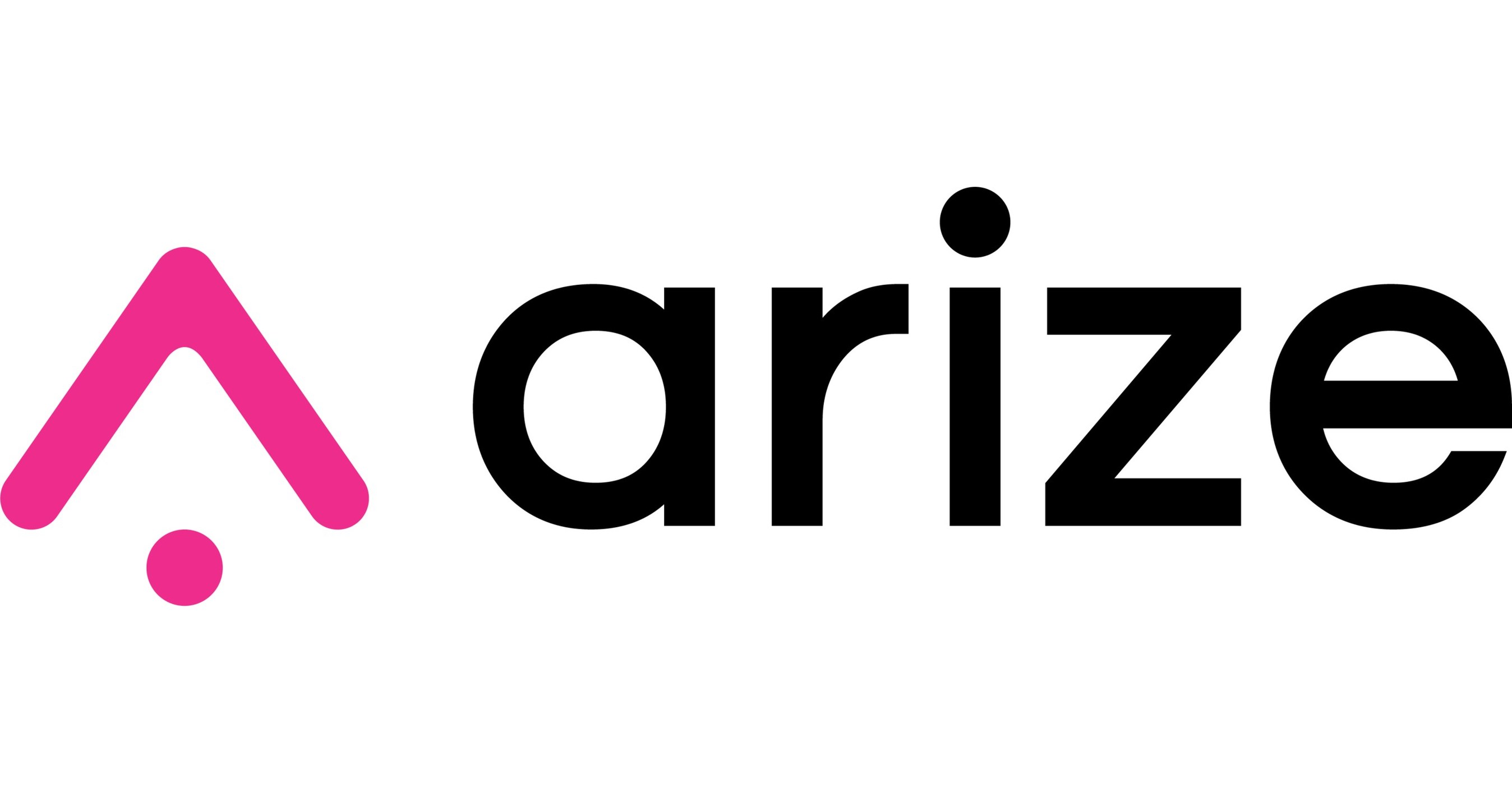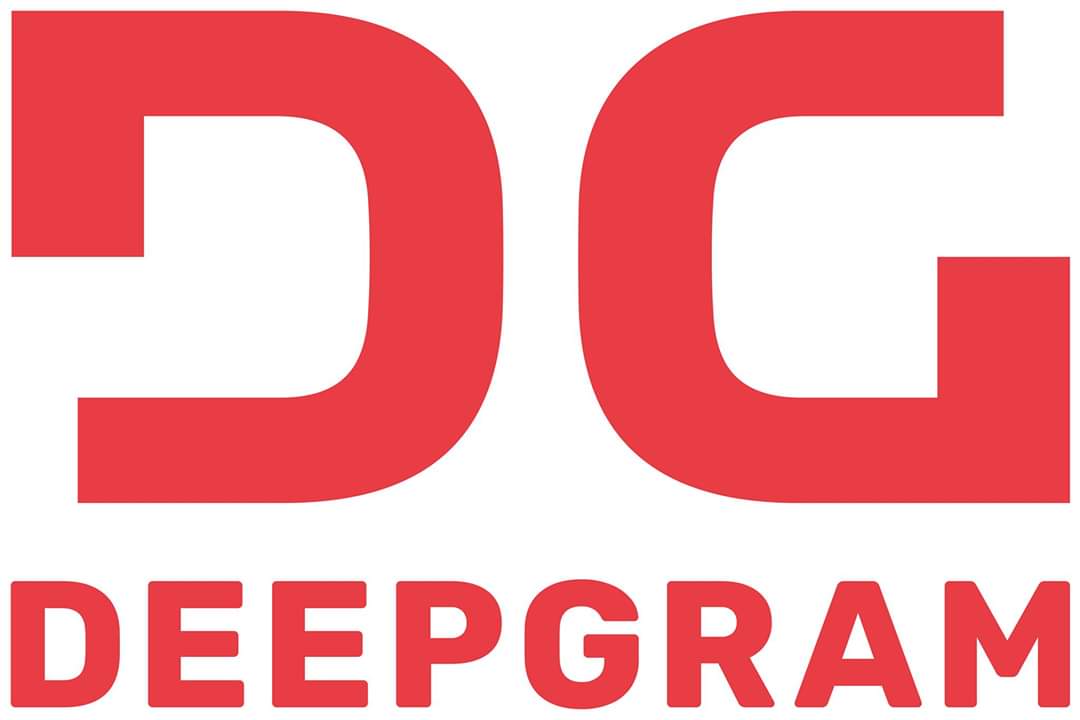Top 26 Companies That Use AI Technology

Top 26 Companies That Use AI Technology
Companies: As a result of the Covid-19 pandemic, artificial intelligence has gained traction across many sectors of the U.S. economy. With the financial crisis, companies scrambled to create services for remote workers and students, improve online shopping and dining, speed drug development, and improve customer service.
AI-enabled software still carries a thick layer of hype and fuzzy jargon, even as applications of machine learning and perception platforms become more commonplace. As a result, it is hard to identify the most compelling companies in this space—especially those that utilize artificial intelligence to make humans more efficient, not redundant—since they create value.
Our third annual AI 50 aims to identify private, promising North American companies that are making fundamental use of artificial intelligence in their core operations in partnership with venture firms Sequoia Capital and Meritech Capital. For consideration, businesses must be privately held:
- Uses machine learning (a process in which systems learn from data to do better at tasks)
- Natural language processing (a process that helps programs “understand” written or spoken language)
- Computer vision (a method in which machines see). You are not eligible to submit applications for AI companies incubated at, largely financed by, or acquired by, large tech, manufacturing, or industrial companies.
We compiled this list by accepting submissions from AI companies in the United States and Canada. A mandatory part of the application was to provide information on the company’s technology, business model, customers, and financial information (companies could submit confidential information to encourage greater transparency). Nearly 400 entries were considered by Forbes out of several hundred received. Using an algorithm, our data partners identified 100 companies with the highest quantitative scores, and diversity was also a major consideration. The finalists were evaluated by an expert committee of AI judges (there was no bias against companies they owned or worked for).

Databricks, DataRobot Domino Data, and Dataiku are among AI workbench companies this year, according to Sequoia Capital’s Konstantine Buhler. AI is becoming increasingly important in healthcare and biotechnology research, as demonstrated by Komodo Health, Genesis Therapeutics, and Verge Genomics, as well as computer vision, which has increasingly been applied to health care and waste recycling by companies like Viz.ai and AMP Robotics. Other core categories include companies developing artificial intelligence-enabled hearing aids, such as Duolingo, Lilt, and Whisper. In addition to autonomous vehicles, Gatik considers “middle mile” driverless deliveries a lucrative, early market for it.
In his view, artificial intelligence can provide manufacturers and healthcare providers with data tailored to their specific needs, according to Andrew Ng, CEO and founder of Google Brain, Coursera, and Landing AI.
The data must be customized, however, because open source models work fine for many problems, but the models don’t require significant customization,” he says. The key to unlocking value for a business is helping enterprises efficiently obtain the data they need to input into an open source model. This year’s list features 31 companies that qualify for the first time, while seven companies qualify three times. A total of 13 AI 50 startups are worth less than $100 million, while 13 are unicorns worth more than $1 billion. In the San Francisco Bay Area, 37 of the 50 AI startup honorees came from Silicon Valley.
1. Clari
Although billions of dollars are invested in customer relationship management systems, many organizations still struggle with sales, one of their most important functions. It’s obvious why he says this. Sales teams avoid data entry because it takes up time, so bad data results. With Clari, data entry burdens are reduced for sales teams, and sales and forecasting are managed with insights gained from AI.
2. Abnormal Security
Businesses were cost nearly $1.9 billion by business email compromise (BEC) attacks in 2020. Abnormal Security’s cybersecurity software targets BEC attacks rather than viruses, spam, or ransomware. The total loss from cybercrime is $3.5 billion, which is more than half. During a BEC, a bad actor masquerades as an employee and transfers large sums of money or sensitive documents by compromising legitimate corporate email accounts.
According to CEO Evan Reiser, many corporations built email security technologies based on memorizing ‘known bad’ behavior. Schemes are constantly evolving, however. By using behavioral profiling, Abnormal Security can predict whether emails seemingly sent by trusted parties, but requesting thousands or even millions of dollars in transfers, will be legitimate. It borrows from ad tech to combat the fast-proliferating BEC attacks.

3. Cresta
Cresta, founded by Sebastian Thrun, who invented Google’s self-driving program, hopes to revolutionize customer service conversations. Using AI, it learns from the best agents how to answer customer questions effectively. A real-time prompt is then provided to call center agents who are less effective on what would be the “best” or most effective, response to customer questions in real-time. In a company interview, CEO Zayd Enam said the company’s approach helps those “caught in the middle” employees highlight their strengths and become much more valuable to their companies. Enam, a Stanford AI lab Ph.D. dropout from Karachi, Pakistan, immigrated to the U.S. at 17.
4. Databricks
As well as blue-chip investors such as Andreessen Horowitz, Coatue, Amazon, Google, Microsoft, and Salesforce are backing Databricks. The UC Berkeley-bred company is built on Apache Spark, an analytics engine created by its founders.
Combining raw data repositories, or “data lakes”, with structured information, creates a “lakehouse” where companies can store and utilize their data, as CEO Ali Ghodsi calls it. With our platform, we can consolidate both analytics and AI workloads for our customers. Business analytics and machine learning tools are built by Databricks for customers like Comcast, Credit Suisse, and T-Mobile. After raising $1 billion earlier this year, the company could soon make an IPO following $425 million in annual recurring revenue.

5. Dataiku
The company was founded in Paris by four Frenchmen and has grown to be a global software company that makes software for companies like Pfizer, Sephora, and Unilever without the resources of Amazon or Google to develop AI themselves. A machine learning system based on Dataiku’s tools was created by Levi’s for its customers. A $100 million investment from Alphabet investment arm CapitalG helped the company achieve unicorn status at the end of 2019.
6. CrowdAI
From cell phone cameras to satellites, CrowdAI captures meaningful information from floods of visual data. The platform is designed to make it easy for everyone, not just data scientists, to use. California’s Department of Forestry and Fire Protection uses CrowdAI’s technology to detect wildfires in near real-time, using a custom computer vision model it developed. Manufacturers, the Air National Guard, and the Air National Guard all use CrowdAI’s technology. Humans need to remain in the loop when it comes to computer vision, says Devaki Raj.
7. Arize AI
When analyzing real-world data, AI models sometimes behave quite differently from those in research mode. It’s often impossible to find out why in real-time. Arize AI is a real-time analytics platform developed by former Uber engineers Dhinakaran and Lopatecki. The platform watches troubleshoots and provides guardrails for deployed AI solutions. “We were seeing hundreds of models deployed every day in the simplest old school companies,” says Lopatecki. To troubleshoot and improve the most complex systems ever deployed, I couldn’t imagine an AI future without the observability of machine learning systems.

8. DataRobot
Whether you’re a data expert or an IT novice, DataRobot helps you build your machine learning predictive models. The NBA’s Philadelphia 76ers, for example, used DataRobot’s tools to help simulate season ticket renewal estimates for United Airlines and Philadelphia 76ers, respectively. To provide visibility on hospital data such as ICU and ventilator supplies, bed shortages, and data gaps in Covid-19 during the pandemic, DataRobot partnered with the federal government. CEO Dan Wright, who took over from Jeremy Achin in March, said the company overhauled and improved forecasting models used in vaccine clinical trials.
9. Deepgram
When Scott Stephenson was pursuing his Ph.D. in Dark Matter, he began recording audio to observe the gaps in acoustic information between the acoustic information he intended to capture. To better transcription audio recordings like those of in-person meetings or Zoom conference calls, Deepgram developed software that mined that meaningful sound. Though there are many transcription companies, Deepgram claims to be the only one that learns from phonetic patterns and phrases, as well as industry-specific terms that are often misunderstood by speech-to-text programs.

10. Bearing
Shipments bound for the ocean are tricky to track. Ships can be delayed in arriving in port because of rough seas, wind, and weather. Bearing aims to improve shipper management and fleet tracking by utilizing AI, reducing fuel consumption, and optimizing routes.
As a result of the use of artificial intelligence models, Bearing’s prediction of vessel performance outperforms physics-based models commonly used in the industry,” says CEO Dylan Keil. The bearing has partnerships with major global shippers K Line and MOL. Despite successfully demonstrating Bearing’s optimization tools in theory, Keil recalls being excited to successfully guide the first 650-plus foot vessel across the Pacific.
11. Canvas
According to CEO Kevin Albert, the challenge is making robots work in the real world and getting them out of the factory. A Boston Dynamics alum worked on DARPA-funded BigDog, a military robot with four legs. He learned about another important application through his experience on construction sites, in particular, streamlining the laborious installation of drywall.
It takes construction workers two days to finish drywall using Canvas robots while achieving a smooth finish that is extra-smooth. In addition to expanding into new markets with its recently raised $24 million Series B funding, the startup plans to use its AI-driven technology on construction sites in Northern California.
12. DeepMap
As companies race to commercialize self-driving cars, many are diverting resources to build their maps to know where they are. A “map engine as a service” was created by DeepMap to eliminate redundant efforts and save companies money. A 3D map with street signs, signals, and lane lines can be automatically created using deep learning to detect and create features from sensor data. “Our technology can support millions of cars,” say founders James Wu and Mark Wheeler, while maintaining high-quality maps, efficient map consumption, and low costs.

13. Atomwise
The Atomwise algorithm simulates the binding of different small molecules to a protein by using a neural network. In preclinical trials, scientists can use machine learning techniques to simulate millions of molecular interactions rapidly. Thousands of proteins remain untreated due to their convoluted structures and complex interactions. There are nearly 800 projects spread across areas including cancer, clotting disorders, and brain diseases are being implemented by Atomwise’s 250 clients, including research institutions such as Columbia University and pharmaceutical companies such as Bayer. In animal trials, it has already proved effective in treating multiple sclerosis and ebola.
14. Ezra
Cancer diagnosed late has a higher mortality rate. To detect cancer lesions faster and better, Ezra analyses MRI scans using artificial intelligence and automation. In October 2020, the FDA approved its technology to diagnose cancerous lesions by automating the interpretation of their size and boundaries. A $500 full-body MRI for cancer is one of Emi Gal’s dreams since she is at high risk for melanoma.
15. Falkonry
Industrial and manufacturing data are growing at the same pace as human data, but Falkonry CEO Nikunj Mehta says companies only utilize about 2%. His vision was to make use of that underutilized data to improve all aspects of a company’s operation with AI and machine learning. Specifically designed for manufacturing, defense, and energy fleet operations, its software platform is being used in these fields, according to Mehta. In addition to monitoring operations and detecting and predicting failures, the system is already being used by the United States Air Force, IMA Life, and steel producer Ternium.

16. Domino Data Lab
Domino’s was developed by Elprin, Yang, and Grenade while leading Bridgewater Associates’ research division. They provide data scientists with tools for creating, testing, and running their own AI models.
Having access to new technologies and platforms that would enable data science as a core capability would enable novice and veteran companies alike to catch up to Bridgewater and other model-driven businesses like Amazon, Netflix, and Tencent: that’s what Domino aims to accomplish. Across industries, Elprin predicts that businesses that embrace models will succeed in the coming decade. The company has already won the business of Johnson & Johnson, Lockheed Martin, Dell, and Allstate.
17. Duolingo
Duolingo is a language-learning app that sends daily reminders to practice your French to you, no matter who you are, where you come from, or what you do. Achieving this kind of ubiquity is what Luis von Ahn – an Apple entrepreneur and former reCaptcha founder – is aiming for. In addition to Syrian refugees and billionaires, Duolingo is used by celebrities like Bill Gates and Joe Jonas, von Ahn says. Over seven months in 2020, such broad adoption, fueled in part by pandemic boredom, boosted valuation by $750 million.
18. Farmwise Labs
To grow high-value commodity vegetables, farmers can benefit from FarmWise’s AI-driven precision weeding machines. Farmwise provides wedding services for farms in California and Arizona, rather than selling its equipment or equipment as a service. A machine becomes better at weeding the more it visits a given farm. As part of this project, the company will also develop a dashboard for farmers so they can follow metrics like crop counts, sizes, and spacings.

19. Fiddler Labs
Gade, who was Facebook’s engineering manager, built an internal tool called “Why Am I Seeing This” to understand how its algorithms elevate certain stories. Fiddler Labs was born out of Gade’s belief that companies should know how their AI models work. The lack of transparency cannot be tolerated in algorithms, he says. The Fiddler Labs platform is designed to help companies meet regulatory compliance and build trust among end users by analyzing and understanding AI in their systems.
20. AMP robots
Plastic cans can be separated from cardboard by AMP’s robots, batteries from wires by its robots, and wood can be separated from the concrete by its robots. Recycling centers can use the company’s robotics software and hardware to identify and sort recyclable materials automatically. Caltech Ph.D. student Matanya Horowitz came up with the idea while researching robotic grasping as a Ph.D. student. During the pandemic, business soared, culminating in a $55 million deal with Waste Connections, the third-largest waste management company in the country.
21. Genesis
AI is being used by Genesis to discover new drugs. With the help of its software, it identifies molecules that have the potential to be safe and effective drugs for human diseases. Dr. Evan Feinberg, CEO of the company, says finding a needle in a haystack is similar to finding the right drug. Technological advances are helping to change the traditional methods of predicting promising drug candidates, which were error-prone and slow. A new generation of artificial intelligence tools for chemistry has been developed by Feinberg and chief technology officer Ben Sklaroff rather than using existing AI solutions for image recognition or natural language processing.
22. Gong
Natural language processing capabilities provided by Gong are used by thousands of sales teams to close deals and shorten sales cycles. Amit Bendov, CEO of the company, says 99% of customer information does not reach the CRM, and the 1% that does is heavily filtered. In his opinion, Gong translates customer emails, phone calls, and video calls into “higher-order insights.”
The system first transcribes email correspondence, then uses machine learning to determine when a customer is ready for a product refresh, as well as which deals are most likely to fail. Bendov said AI/ML had just crossed the threshold of being good enough for his company’s needs when he started its operations. We might not have been successful if we had started the company earlier.”
23. Gretel
With Gretel, developers can anonymize the user data they need to build better and more advanced features. Obtaining the data necessary to test new ideas in the digital realm is slowed down by red tape and manual redaction of personally identifiable information. Synthetic datasets generated by Gretel can be statistically equivalent to the information underlying them, but cannot be traced back to the individuals whose data they are derived from.
24. Forethought
A question-answering retrieval AI agent called Agatha was created by Forethought in 2017 by Deon Nicholas and Sami Ghoche. Instead of replacing existing workflows, it incorporates them into existing workflows, allowing employees to work more efficiently. In addition to machine learning and natural language processing, Agatha improves over time in solving and assisting problems. Some tasks will be automated with artificial intelligence in the future, but others will also benefit from human intervention.

25. Gatik
Companies are investing billions in robotic axis and self-driving big rigs in the race to commercialize autonomous driving. In the near term, Gatik focused on intermediate routes hauling goods on repeatable, fixed circuits. According to CEO Gautam Narang, B2B short-haul logistics provided the most value, allowing the company to bring products to market quickly and quickly scale. According to Yatu, the company expects revenue growth to be five times over the next five years and counts Walmart as a major customer. It is also working on automated medium-duty delivery trucks with Isuzu.
26. Hyperscience
A company’s data entry should not be considered an administrative chore or a back-office chore. Hyperscience makes data entry a seamless part of their everyday operations, regardless of how strong the organization’s machine learning team is. To solve unique data-entry problems, the company develops collaborative, AI-driven solutions rather than removing them from the hands of human workers. CEO Peter Brodsky says his company has developed new software that lets people and machines share their work based on the task’s requirements. As a result of the appeal of this approach, platform usage increased 10 times in the last year, resulting in a double employee base.
edited and proofread by nikita sharma



